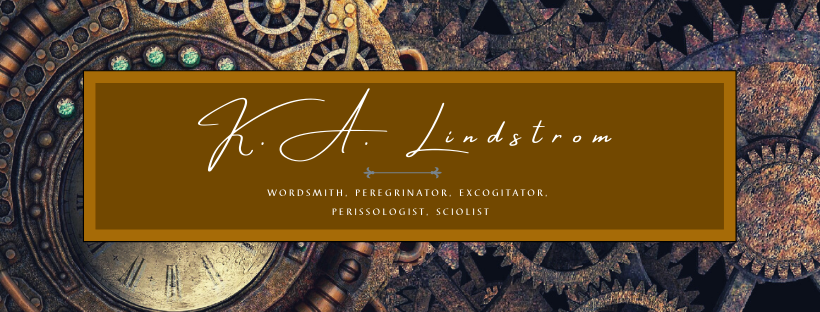Let me preface this by saying that I have rarely hated any book as much as I hate this one. Most of this will be me spitting vitriol for being forced to read this for a screenwriting class. I will start with its (few) merits and go from there.
Save the Cat! is a well-known tool for beginner screenwriters. It outlines an easy-to-follow method for crafting a beginner’s script. There are useful tidbits, such as Snyder’s Beat Sheet and suggestions for how to visualize what you are developing. It breaks down basic story structure well enough. And his focus on creating a catchy logline is beneficial from a marketing standpoint.
But that’s where I draw the line.
All of the valuable points of Snyder’s book are easily accessible via SaveTheCat.com online without picking up the book. Snyder’s website has the Beat Sheet, for example, nicely outlined, along with a plethora of examples. It is up-to-date and includes recent examples of films to study. And the website has the benefit of allowing the reader to easily skip all the filler Snyder put in his book to make it a marketable length.
Which brings me to one of my biggest complaints of the book. I HATE Snyder’s snarky voice. He uses it continuously throughout the book. It is never-ending and quickly gets on your nerves. For a supposed comedy writer, he is not in the slightest bit funny. The first few chapters were tolerable, but once he gets past the actual valuable information and moves on to basic story structure filler, it is unbearable.
That leads to my second grievance. A good chunk of the second half of the book talks about story structure that you can get from any basic storytelling guide (or online resource). It is unquestionably an important part of writing a good screenplay, but it is drowned out by his horrible voice. The same information can be achieved elsewhere without the irritation.
The end of the book talks about marketing your screenplay. But Snyder flat-out admits that he was writing his “million-dollar screenplays” during a boom when movie makers were buying up everything they could get their hands on. That boom died out by the time he wrote the book, and has long passed us by now in 2018. Even the comedy genre that Snyder wrote for is saturated with remakes and reboots. Both Dwayne Johnson’s comedy films that came out last year were reimaginings of existing properties from the 90s. His third movie he made in 2017 was The Fate of the Furious. Same deal.
None of this is Snyder’s fault (he died in 2009), but the point is to highlight how dated his marketing strategy feels and how much better the website is in comparison. Original movies are notoriously difficult to get made. All of the top 10 grossing films from 2017 came from existing franchises. Much has been said already about Hollywood’s apparent inability to produce original work (which is not entirely true). It is not a new problem, certainly, but feels worse now that big studios are focused on creating expanded universes like Marvel’s 14 billion dollar--and counting–franchise. I can harp on it, but the point of this is to say that Hollywood has changed enormously since 2005 when the book was released. This is just one example. Snyder’s book is dated and the strategies he suggests feel dated. I am not an industry insider, but I for one would like to see what the Internet, YouTube, and social media have done to film-making and marketing. I feel like there could be some interesting stuff there.
Part of my issue with this book stems from a quick perusal of IMDB. While reading, I started getting worried about the types of movies he considered “good” and marketable. Blake Snyder, for all his touting of his million-dollar sale to Steven Spielberg, has exactly two writing credits on IMDB: Blank Check and Stop! Or My Mom Will Shoot. Yeah, that second one concerned me too. Turns out, it has a whopping 4% critic score on Rotten Tomatoes (audience were more lenient with a 21%). Blank Check fared better. It made double digits for a critic score (11%), and a frankly generous audience score of 34%. (I couldn’t bring myself to watch the films, but I watched enough clips to get the idea and…wow. Blank Check is a blatant attempt to capitalize on the success of Home Alone, and there is no excuse for SOMMWS.)
The only saving grace IMDB offers is that Snyder was acknowledged in the credits for How to Train Your Dragon. At least someone benefited from Snyder’s questionable advice.
I hate the adage that “those who can’t do, teach,” but in this case it feels extraordinarily relevant. Snyder seems a pro at making terrible comedies (some of the reviews of his films are truly searing). I for one am baffled that he sold something as dumb as a family gaining superpowers while camping on a nuclear waste site for a million dollars (thankfully, that one was never made). It is difficult to have any faith in a book written by a man whose only two film credits are that extraordinarily terrible. I know movies often die long before they get made for one reason or another, but if his finished credits are any indication, that is a mercy. (He talks about one script he worked on called Big, Ugly Baby. Who would actually see a movie with that title?)
What I learned from this book is about as cynical as you can get: make money, not good movies. Find a gimmick and beat it to death. I may be a wide-eyed young idealist with no clue how the industry works, but this seems like a terrible idea. I went in with high hopes for this book, and came out regretting having suffered through the short-but-not-short-enough text. I highly suggest to any beginner screenwriter to skip the book and go to the website for specifics on script writing structure. For content, browse any other source on three-act storytelling. It will save you fourteen bucks, at the very least.

